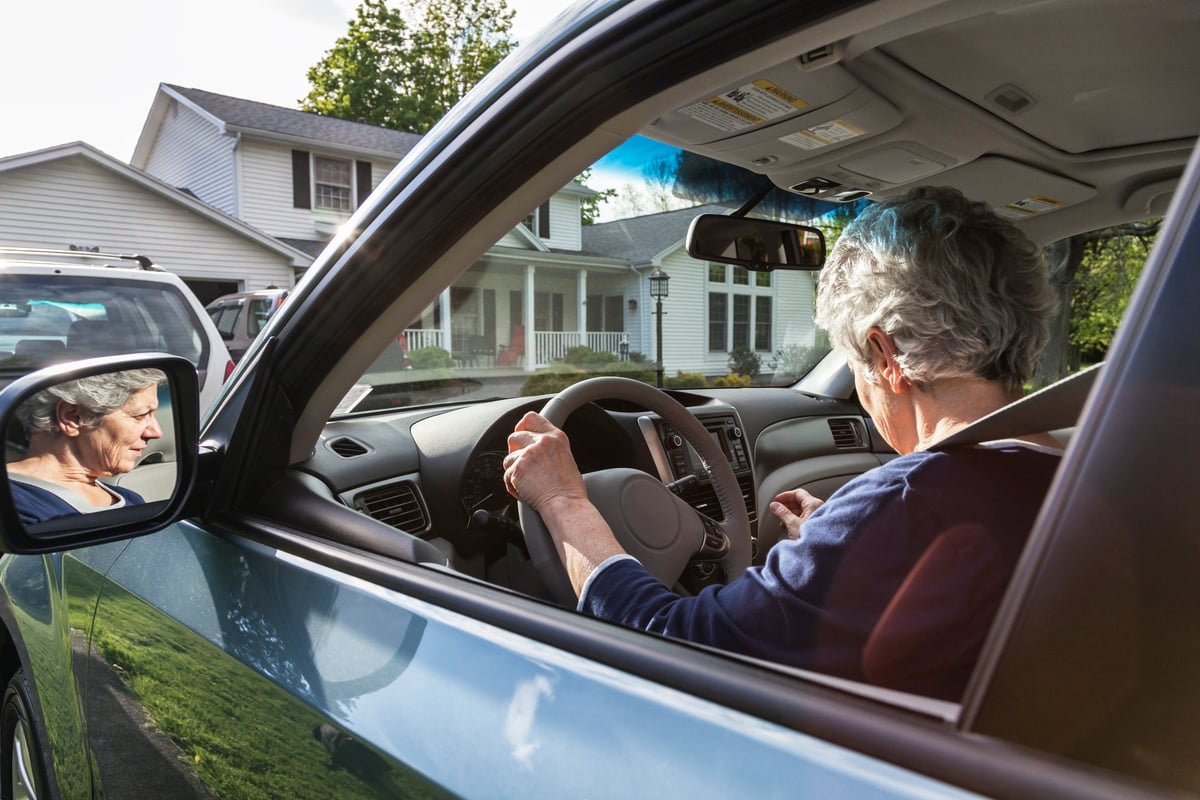Don't Be Surprised if Your Auto Insurance Doesn't Cover These Losses
Auto insurance should address many different things that go wrong with a vehicle, but not everything will be paid for. Learn what may not be covered here.

Buying auto insurance is very important because anything that goes wrong with a vehicle can quickly lead to expensive bills. No one wants to drain their checking account paying for repairs or a car replacement after an accident, so it makes good sense to pay premiums to buy coverage to transfer those risks to an insurer.
While auto insurance will cover many problems -- especially for those with full coverage policies -- it's not necessarily going to pay for every loss in every situation. In fact, drivers should understand a few key things their car insurance company won't pay for, so they aren't surprised to be left with these losses when something goes wrong.
Custom parts
Drivers who add after-market parts to their vehicle need to be aware that standard auto insurance policies will typically provide limited or no coverage for these add-ons. This could include:
- Fancy stereo equipment
- Custom paint jobs
- Added chrome or lights
- Custom tires or wheels
- Custom spoilers
Drivers who spend a lot of money souping up their vehicles should be aware of the fact that an insurer isn't going to pay extra to repair or replace these optional enhancements -- unless the driver has purchased special kinds of coverage. Most insurers allow add-on coverage for modifications, and there are specialized kinds of insurance for classic and collectible cars that drivers can buy.
Motorists will need to get this add-on coverage or choose the special collectible or classic car insurance policies before an accident happens, though. And they'll need to fully disclose what modifications they've made, and read the fine print of the policy to find out the limits on what the insurer will pay out. If a driver waits until an accident happens, it will be too late.
Personal property in the car
Drivers who keep a lot of possessions in their vehicle -- especially valuable items -- may be upset to discover that there's no coverage for this property if something goes wrong. If the car is stolen and the stuff goes with it, or if items inside are destroyed in an accident, an auto insurer is typically going to pay nothing at all for it. The insurance only covers the car itself and damage the driver causes to others.
This doesn't mean all hope is lost, though. If a motorist has renters or homeowners insurance, those policies might pay to repair or replace the personal property that was left in the car and stolen or damaged. Having these kinds of coverage in place is very important to ensure that there's money available for personal items.
Commercial use
Most personal auto insurance policies do not provide coverage when a vehicle is being used for a business. This means if a driver gets into a crash while using their vehicle for work duties, their personal auto insurance may pay nothing at all.
This can be a huge issue in situations where someone is driving for a food delivery service or for a ride-hailing company. Motorists who plan to do that should get insurance from a carrier that provides rideshare coverage. It can also come up in other situations, such as when a small business owner is transporting equipment in their personal vehicle to a job site.
Drivers who use their car for business use at any time should let their insurer know before something goes wrong, so they can make sure they have the right protections in place.
The full balance due on a car loan
Finally, auto insurance pays only the fair market value of a vehicle if it's stolen and not recovered or if it's damaged beyond repair. Often, a driver will have a car loan balance that's higher than the amount of money their car is worth. This happens because cars lose value quickly and many people take out long-term auto loans and make smaller down payments.
If a car loan balance is higher than the market value of the car, the insurer won't provide enough money to pay off the full value of the loan unless the driver has gap insurance. This is optional add-on coverage that anyone who has a car loan should seriously consider purchasing.
Knowing what may not be covered is crucial for every motorist because it's important to put the right added protections in place before a crash or some other incident arises. Otherwise, a motorist could be out a ton of money when it turns out insurance doesn't pay for everything as expected.
Our best car insurance companies for 2024
Ready to shop for car insurance? Whether you’re focused on price, claims handling, or customer service, we've researched insurers nationwide to provide our best-in-class picks for car insurance coverage. Read our free expert review today to get started.
We're firm believers in the Golden Rule, which is why editorial opinions are ours alone and have not been previously reviewed, approved, or endorsed by included advertisers. The Ascent does not cover all offers on the market. Editorial content from The Ascent is separate from The Motley Fool editorial content and is created by a different analyst team.Discover Financial Services is an advertising partner of The Ascent, a Motley Fool company. Christy Bieber has no position in any of the stocks mentioned. The Motley Fool has positions in and recommends Uber Technologies. The Motley Fool recommends Discover Financial Services. The Motley Fool has a disclosure policy.























